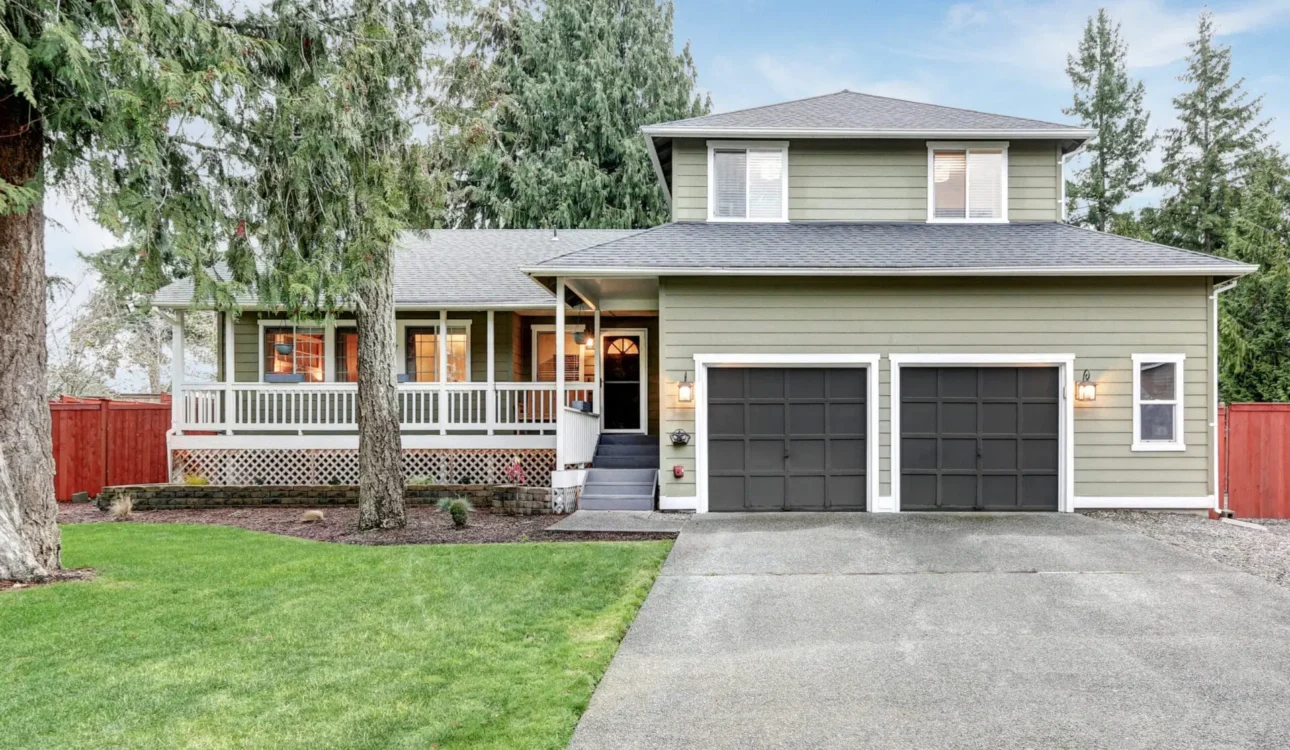Living in Virginia offers unique opportunities for homeowners looking to expand their living space. Whether you’re a growing family in Arlington, a remote worker in Richmond, or planning for aging parents in Virginia Beach, home addition plans can transform your current house into the perfect home. This comprehensive guide explores everything you need to know about planning successful home additions in the Old Dominion State.
Understanding Virginia Home Addition Regulations
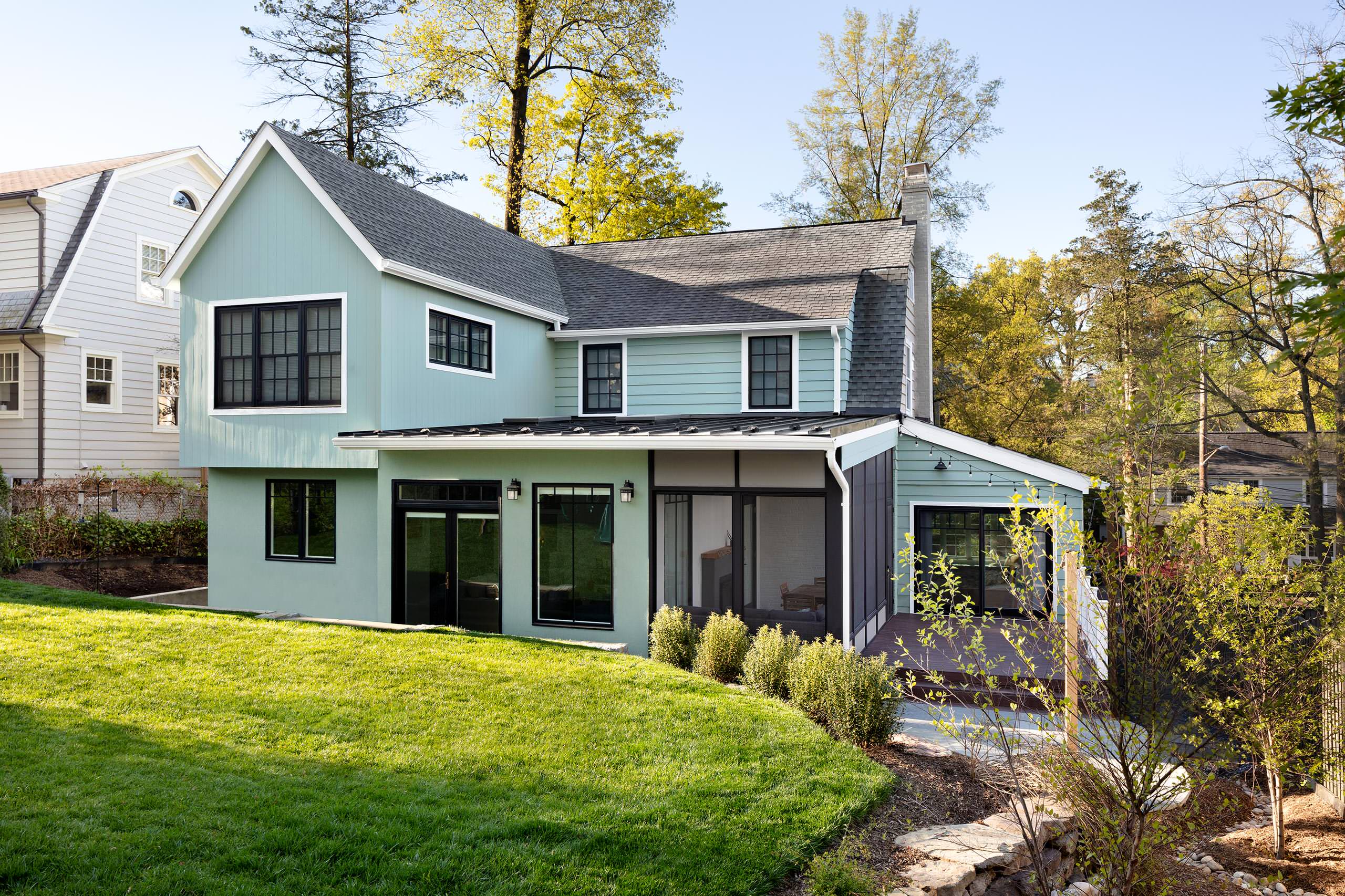
Local Building Codes and Permits
Virginia’s building regulations vary significantly across counties and municipalities. Home addition plans must comply with local zoning laws, setback requirements, and building codes. In Northern Virginia counties like Fairfax and Loudoun, regulations tend to be more stringent due to higher population density.
HOA Considerations in Virginia Communities
Many Virginia neighborhoods, particularly in planned communities around Richmond and Virginia Beach, have Homeowners Association (HOA) restrictions. Your residential addition planning must account for architectural review board approvals, which can add 30-60 days to your project timeline.
Environmental and Historic District Regulations
Virginia’s rich history means many areas have historic district designations. If your home is in a historic district in cities like Williamsburg or Alexandria, your house expansion ideas Virginia must preserve the architectural integrity of the neighborhood while meeting modern building standards.
Popular Home Addition Ideas for Virginia Homes
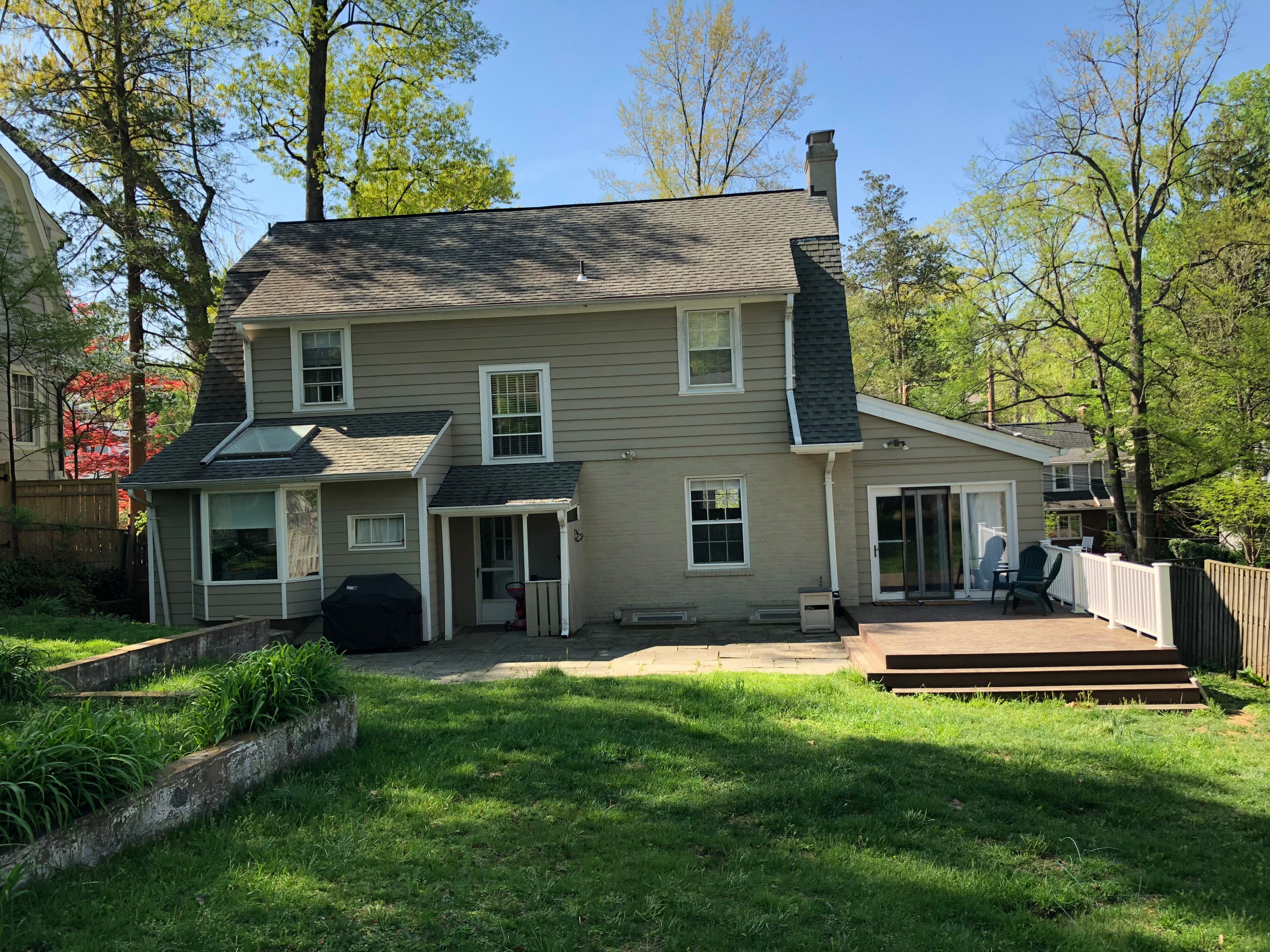
Single-Story Room Additions
Single-story additions are perfect for Virginia’s traditional ranch-style homes common in suburban areas. These home extension designs typically include:
- Master bedroom suites with walk-in closets and en-suite bathrooms
- Family rooms that open to existing kitchens for better flow
- Home offices increasingly popular since remote work trends
Second-Story Additions
Two-story additions maximize your lot’s potential, especially valuable in areas with smaller lots like those found in Arlington or Falls Church. These custom home additions can double your living space while maintaining your yard area.
Garage Conversions and Expansions
Converting existing garages or adding new garage space with living areas above represents excellent value. This approach works particularly well for home renovation plans in established Virginia neighborhoods where lot sizes limit expansion options.
Planning Your Home Addition Project
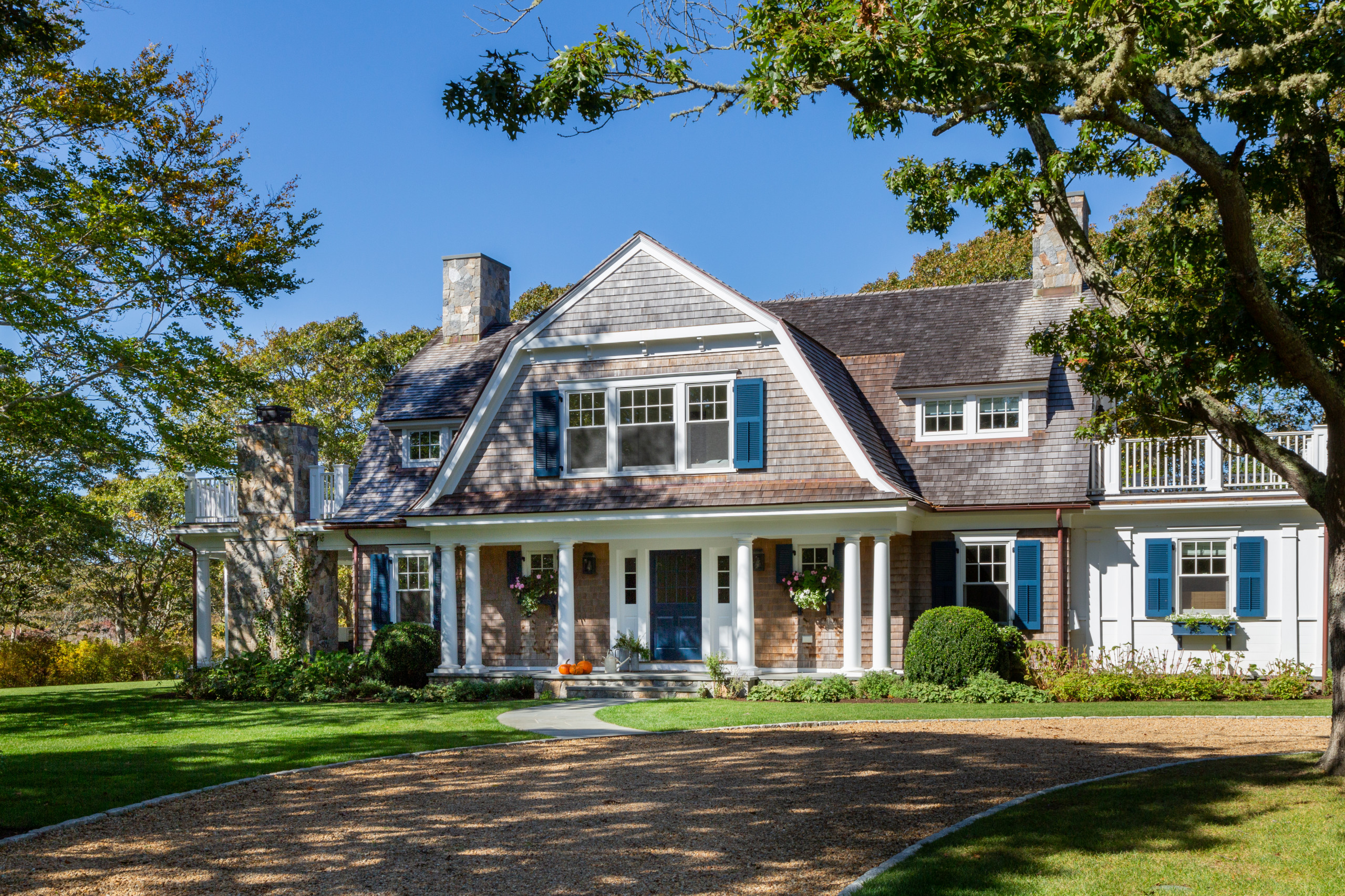
Assessing Your Current Home’s Structure
Before developing home addition plans, professional structural assessment is crucial. Virginia homes built in different eras have varying foundation types and structural systems that impact addition feasibility.
Determining Your Space Needs
Consider your family’s current and future needs when planning residential additions. Growing families might prioritize bedrooms and bathrooms, while empty nesters might focus on entertaining spaces or in-law suites.
Site Analysis and Lot Considerations
Virginia’s varied topography, from coastal plains to mountain foothills, affects addition planning. Factors like drainage, soil conditions, and existing landscaping all influence your house expansion plans.
Design Considerations for Virginia Climate
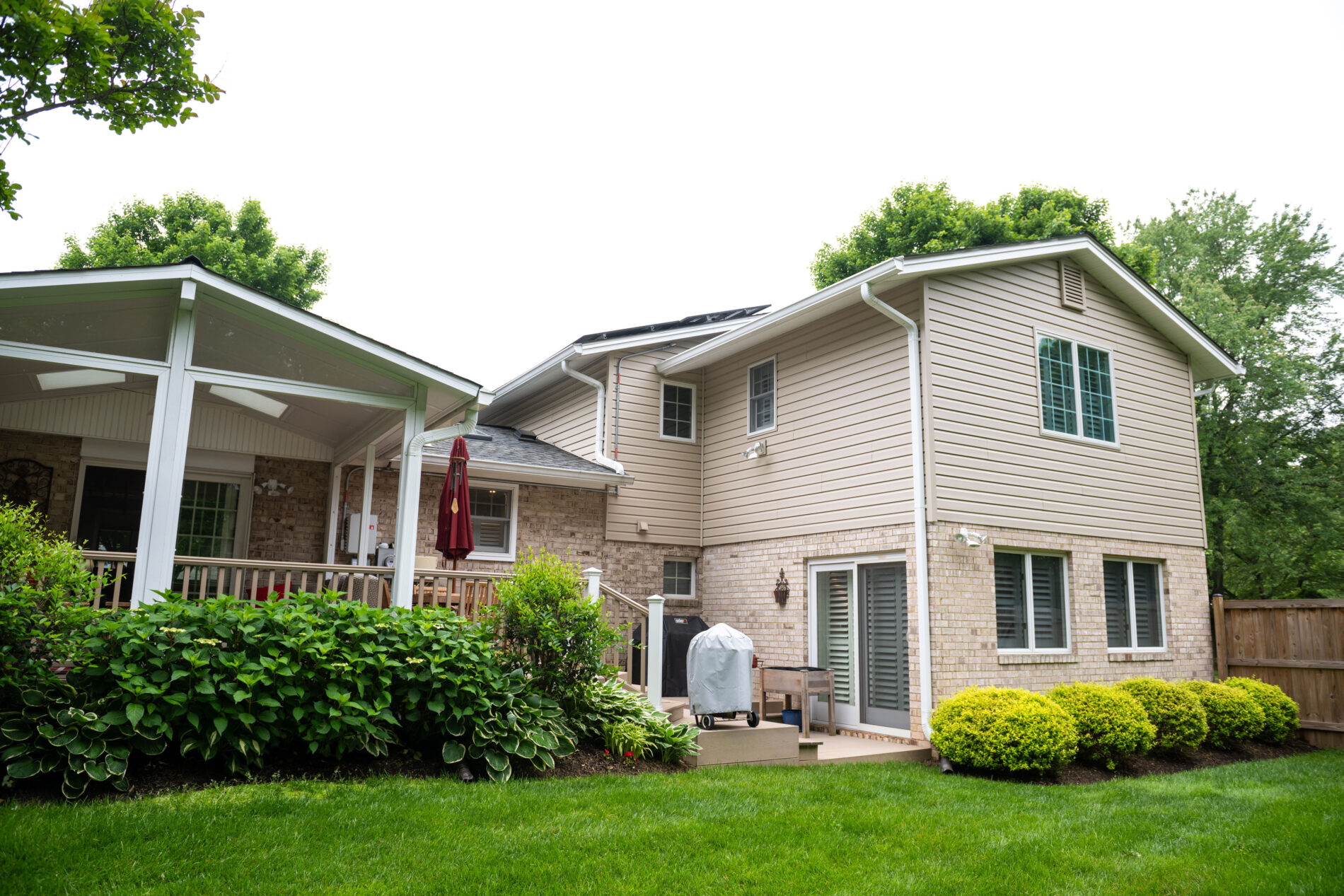
Weather-Resistant Materials
Virginia’s humid subtropical climate demands materials that withstand hot, humid summers and occasional severe weather. Your home addition ideas should incorporate:
- Moisture-resistant insulation to prevent mold and mildew
- Durable siding materials like fiber cement or brick veneer
- Energy-efficient windows to handle temperature extremes
Seasonal Comfort and Energy Efficiency
Virginia’s four distinct seasons require thoughtful HVAC planning. Addition contractors experienced with local climate conditions can recommend systems that maintain comfort year-round while minimizing energy costs.
Architectural Harmony with Virginia Styles
Virginia’s architectural heritage includes Colonial, Federal, and Victorian styles. Your addition should complement your home’s existing style while incorporating modern conveniences and efficiency standards.
Budgeting and Financing Your Addition
Cost Factors Specific to Virginia
Home addition plans in Virginia typically cost between $150-$400 per square foot, depending on complexity and location. Northern Virginia projects generally cost 15-20% more than those in rural areas due to higher labor and permit costs.
Financing Options for Virginia Homeowners
Virginia homeowners have several financing options for custom home additions:
- Home equity loans with competitive rates from local banks
- Construction-to-permanent loans for larger projects
- Cash-out refinancing taking advantage of Virginia’s strong real estate market
Return on Investment Considerations
Well-planned additions typically return 60-80% of their cost in increased home value. In Virginia’s competitive real estate market, residential additions that add functional square footage often provide excellent returns.
Choosing the Right Addition Contractor
Licensing and Insurance Requirements
Virginia requires contractors to be licensed through the Department of Professional and Occupational Regulation. Verify your contractor’s license status and ensure they carry adequate insurance for home renovation plans.
Experience with Local Conditions
Choose contractors familiar with Virginia’s specific challenges, from coastal humidity to mountain weather patterns. Local experience ensures your house expansion ideas Virginia are executed with appropriate materials and techniques.
Portfolio and References
Review completed projects similar to your home extension designs. Ask for references from recent Virginia clients and visit completed projects if possible to assess quality and craftsmanship.
At Fineline Kitchens, we specialize in home additions throughout Virginia. Our experienced team understands local regulations and climate considerations, ensuring your addition project exceeds expectations.
Timeline and Project Management
Typical Project Phases
Home addition plans in Virginia typically follow this timeline:
- Design and permitting: 6-12 weeks
- Foundation and framing: 4-8 weeks
- Systems installation: 3-6 weeks
Seasonal Considerations
Virginia’s weather patterns affect construction schedules. Spring and fall offer ideal conditions, while summer heat and winter weather can impact outdoor work phases of residential addition planning.
Communication and Progress Monitoring
Successful addition contractors maintain regular communication throughout your project. Establish clear expectations for progress updates and change order procedures before construction begins.
Frequently Asked Questions
What's the average cost per square foot for home additions in Virginia?
Custom home additions in Virginia range from $150-$400 per square foot. Factors affecting cost include location, complexity, materials, and local labor rates.
Do I need an architect for my home addition project?
While not always required, architects are recommended for complex house expansion plans. Many Virginia localities require architect-stamped plans for additions over certain square footage.
How do Virginia's climate conditions affect addition design?
Virginia's humid climate requires careful moisture management, proper ventilation, and materials resistant to mold and mildew. Home extension designs must also account for seasonal temperature variations.
Can I live in my home during the addition construction?
Most residential additions allow continued occupancy, though there will be disruptions. Your contractor should provide a detailed plan for minimizing inconvenience during construction phases.
Conclusion
Planning a successful home addition in Virginia requires careful consideration of local regulations, climate conditions, and design preferences. Whether you’re expanding for a growing family or creating space for aging parents, home addition plans tailored to Virginia’s unique characteristics ensure lasting satisfaction and value.
Ready to start your Virginia home addition project? Contact Fineline Kitchens today for a consultation. Our experienced team specializes in home additions throughout Virginia, bringing your expansion dreams to life with quality craftsmanship and attention to detail.
For more information about our comprehensive remodeling services, including kitchen remodeling and bathroom remodeling, visit our website or call us to discuss your project needs.
Source Links
Virginia Department of Professional and Occupational Regulation – Contractor Licensing Information
https://www.dpor.virginia.gov/
Virginia Building Code – State Building Regulations
https://www.dhcd.virginia.gov/building-codes
National Association of Home Builders – Home Addition Cost Data
https://www.nahb.org/
Energy Star – Climate Zone Information for Virginia
https://www.energystar.gov/
Virginia Association of Realtors – Home Value and Market Data
https://www.virginiarealtors.org/
